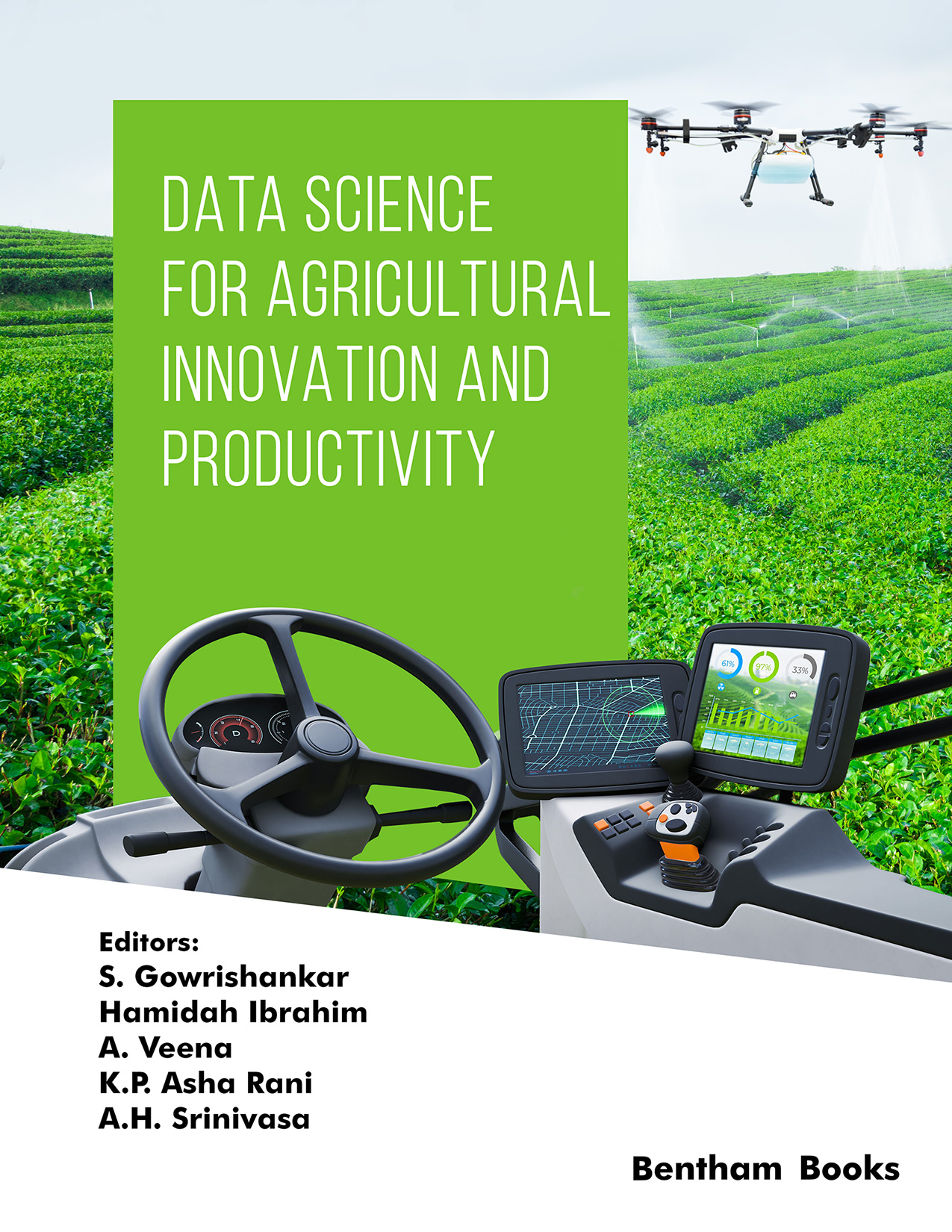Introduction
Data Science for Agricultural Innovation and Productivity
explores the transformation of agriculture through data-driven practices. This comprehensive book delves into the intersection of data science and farming, offering insights into the potential of big data analytics, machine learning, and IoT integration.
Readers will find a wide range of topics covered in 10 chapters, including smart farming, AI applications, hydroponics, and robotics. Expert contributors, including researchers, practitioners, and academics in the fields of data science and agriculture, share their knowledge to provide readers with up-to-date insights and practical applications. The interdisciplinary emphasis of the book gives a well-rounded view of the subject.
With real-world examples and case studies, this book demonstrates how data science is being successfully applied in agriculture, inspiring readers to explore new possibilities and contribute to the ongoing transformation of the agricultural sector. Sustainability and future outlook are the key themes, as the book explores how data science can promote environmentally conscious agricultural practices while addressing global food security concerns.
- - Focus on data-driven agricultural practices
- - Comprehensive coverage of modern farming topics with an interdisciplinary perspective
- - Expert insights
- - Sustainability and future outlook
- - Highlights practical applications
Data Science for Agricultural Innovation and Productivity
is an essential resource for researchers, data scientists, farmers, agricultural technologists, students, educators, and anyone with an interest in the future of farming through data-driven agriculture.
Researchers, data scientists, farmers, agricultural technologists, students, educators, and general readers.

